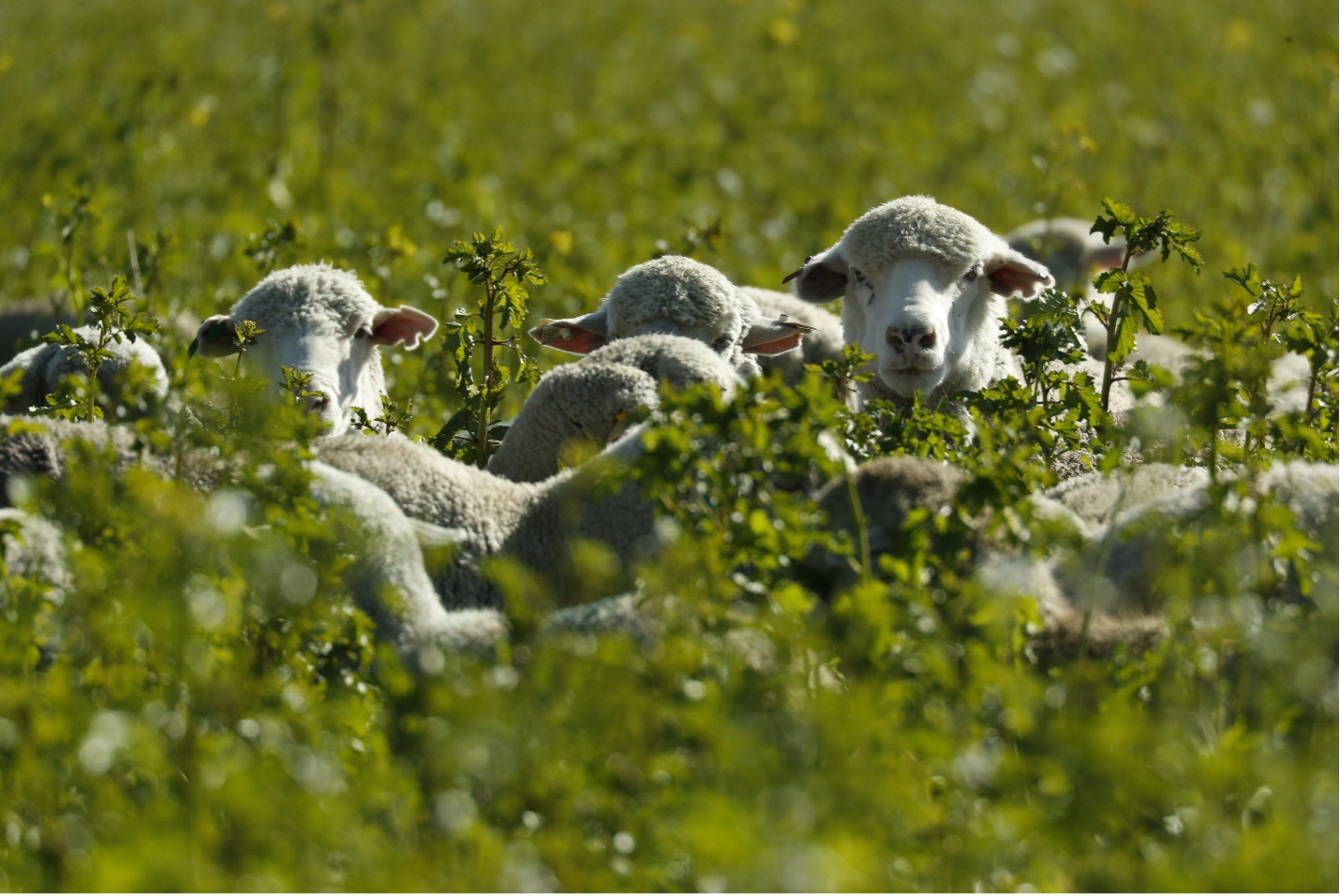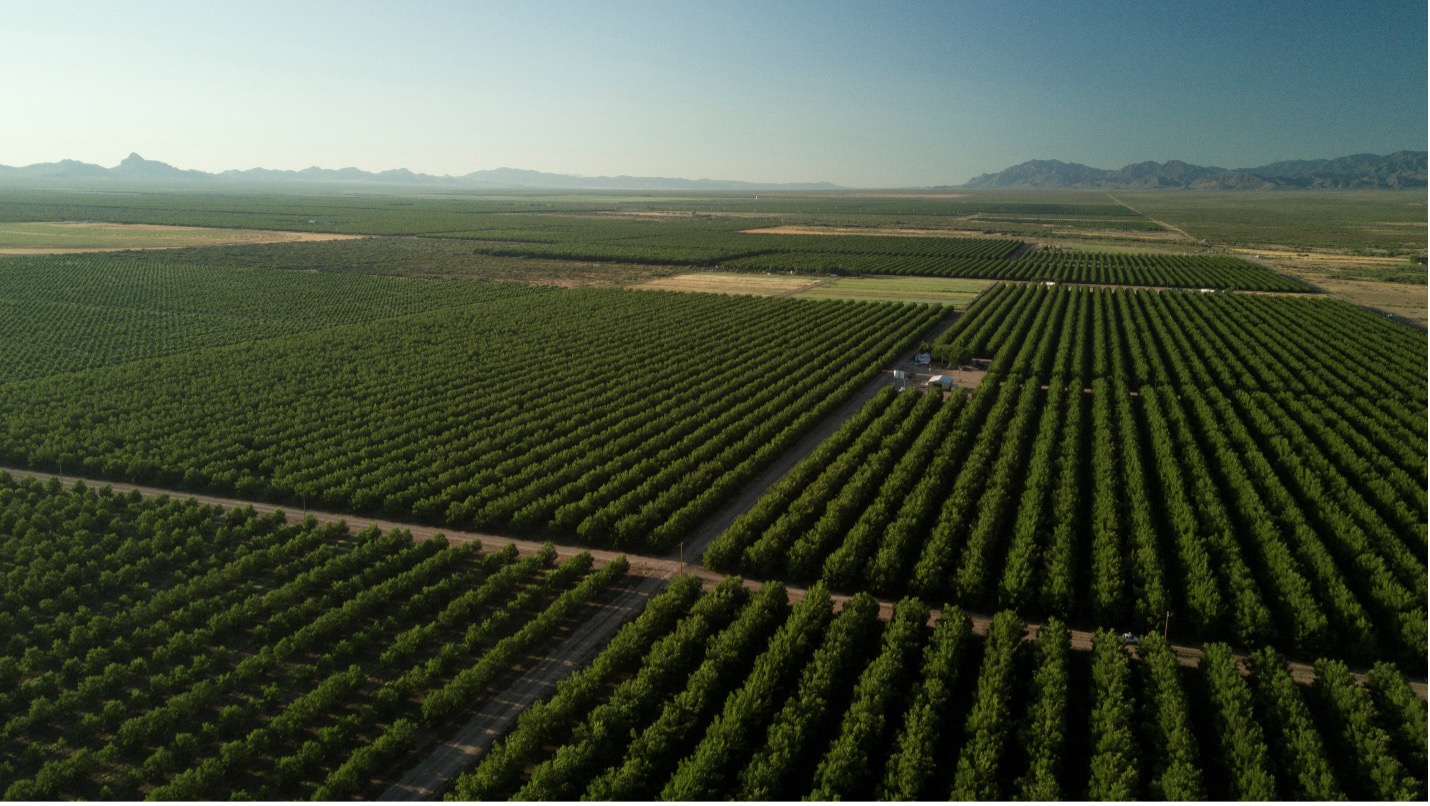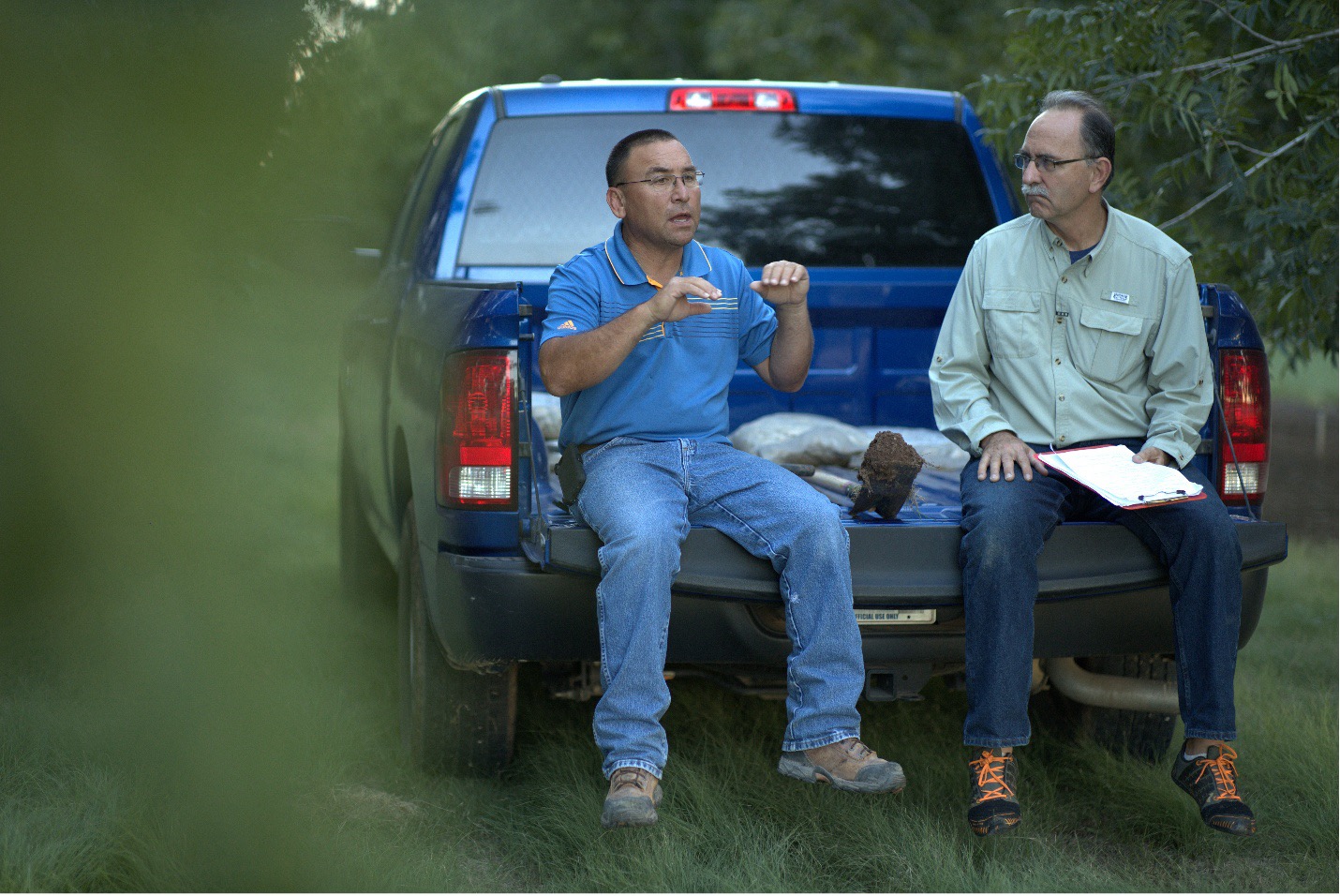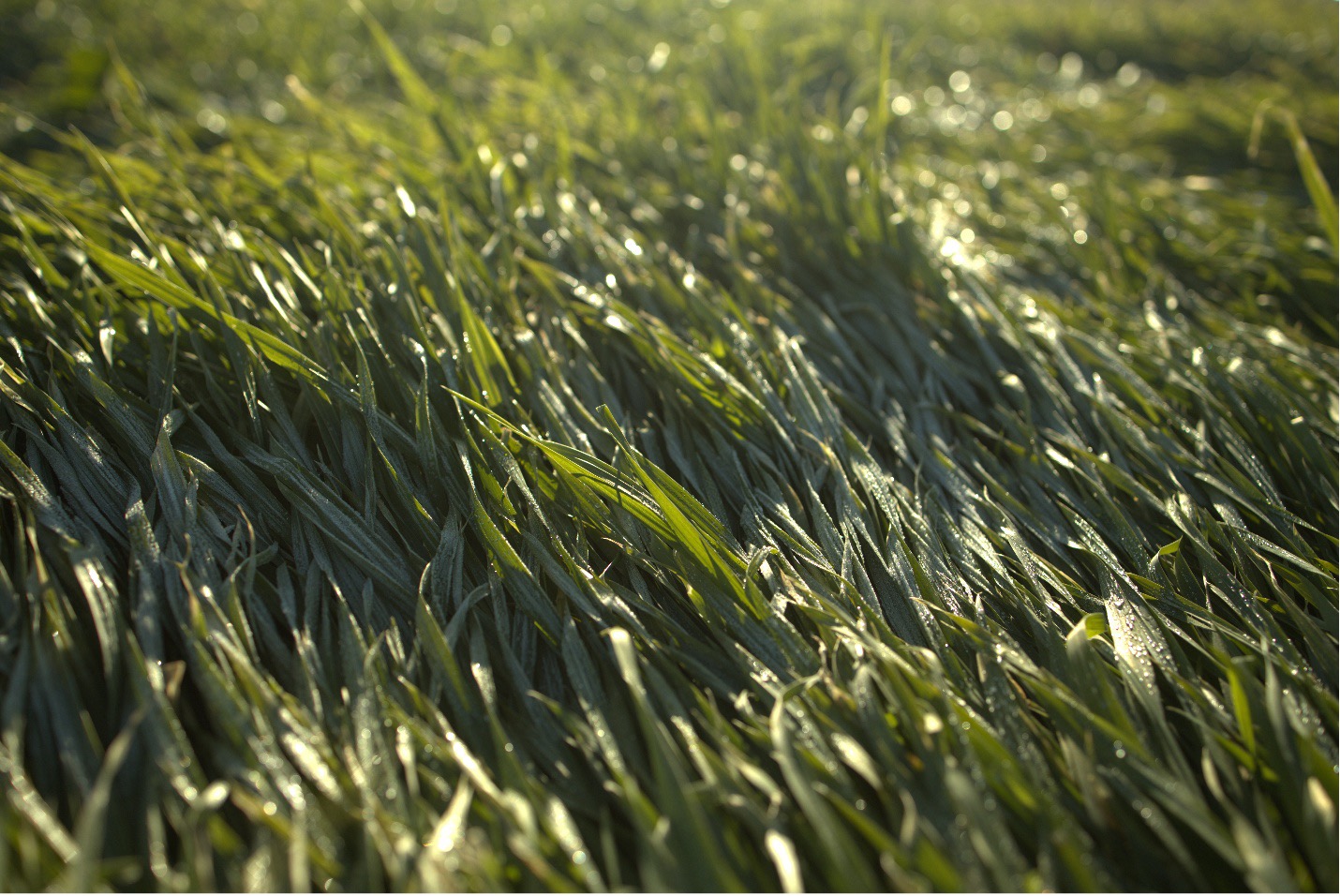Nathaniel Rhodes' Sustainable Farming in Orangeburg County


Nathaniel Rhodes is a row cropper and a fourth-generation farmer on 225 acres purchased by his great-grandfather in the 1800s in Orangeburg County. For the sake of the past and the future, Rhodes feels a connection to the land and a personal responsibility to rehabilitate the soil and wildlife habitat while also successfully cropping corn, soybean, oats, wheat, butter beans, okra, sweet corn, peas, and occasionally cotton.

In November of 2017, he tried is first batch of cool-season cover crops on some poor, unproductive land that hadn’t been farmed in recent years. “I’ve seen this past year a lot more cover crops in the area than I’ve ever seen,” says Rhodes. “And most of it looks good and green.”

In particular, Rhodes was struck by cover crop’s use and preservation of nitrogen in the soil. Grasses and brassicas as cover crops take up and store soil nitrogen and prevent it from leaching away into groundwater. Furthermore, as cover crops eventually die and decompose as residue on the soil, nitrogen is released to feed the next crop. On the Rhodes property, he was surprised to watch his nitrogen use skyrocket in efficiency. Ultimately, he was willing to try cover cropping these acres because he felt it could be not only beneficial to himself but also the research project with the University of South Carolina, which incentivizes local farmers to test cover cropping on their land.
In addition to cover crops, Nathaniel Rhodes participates in programs to bolster habitat for pollinators and local wildlife, in particular quail, whose calls he started noticing on the property.
He has done so through the USDA’s Conservation Reserve Program and the Environmental Quality Incentives Program with the NRCS. Nathanial’s grandson has also become interested and passionate about farming this way, and intends to return to the farm after college to continue the Rhodes legacy on the land.








